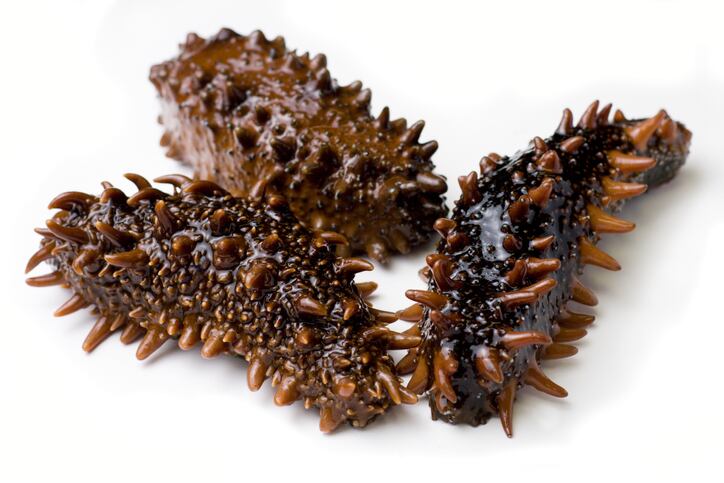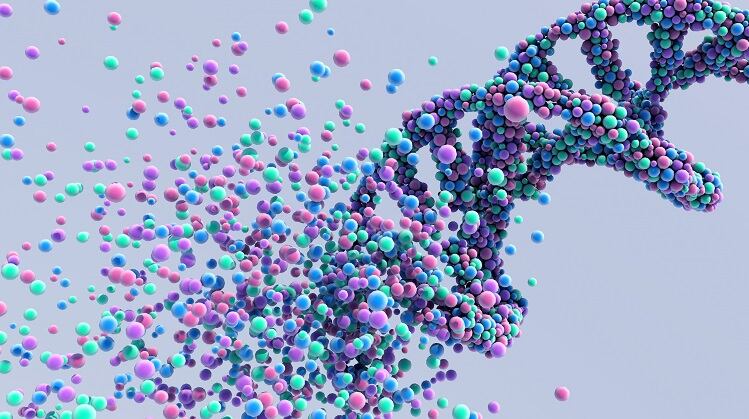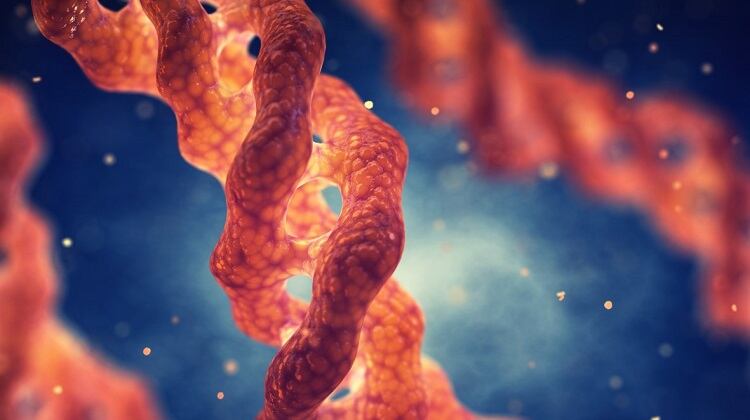Writing in Aquaculture, researchers from universities in Taiwan, China and Vietnam screened the properties of collagen type 1 extracted from the body wall of sea cucumbers (Holothuria cinerascens) and investigated the potential to use these extracts in moisturising cosmetic applications. Properties were compared to a glycerol control and commonly used industrial sources of type 1 collagen – tilapia fish skin and porcine skin.
Sea cucumber collagen moisturising and high yielding
Findings showed sea cucumber collagen exhibited “better moisture-retention and moisture-absorption capacity” than the glycerol control; in fact, “excellent” by comparison, the researchers wrote. Its moisture retention and absorption capacity were slightly higher than tilapia-sourced collagen and slightly lower than porcine-sourced collagen.
“The collagen extracted from the body wall of sea cucumber contained a large amount of moisture; in addition, the crude protein content accounted for about 66% of the dry weight of the body wall, with the crude fat content accounting for 2.1% of the dry weight of the collagen of the body wall,” the researchers wrote.
When compared to tilapia- and porcine-sourced type 1 collagen, the yield of sea cucumber collagen was also higher. “In terms of crude collagen yield, sea cucumber had the highest yield, reaching 72.2%, followed by tilapia fish skin (67.3%) and porcine skin (64.7%).”
Sea cucumber collagen was also rich in hydrophilic groups, strengthening its potential for use in cosmetics, the researcher said.
Aquaculture by-product from food and traditional medicine
Importantly, the researchers said use of sea cucumber as a collagen source could increase the commercial value of the marine animal and reduce the environmental impact caused by widespread disposal of by-product.
Across Asia, they said sea cucumbers were used in traditional cuisine and medicine – largely in dry form but sometimes living – with an estimated 20,000-40,000 tons caught each year in Asia and the Pacific. However, the process of drying and rehydrating often damaged the edible part of the sea cucumber, meaning many were discarded or purchased for a considerably lower price.
The researchers said: “We need effective solutions to increase the commercial value and sustainable development of damaged sea cucumber.” Use of extracts in cosmetic applications could achieve this, they said.
Although they noted that further research would be required to test properties could be retained during processing, particularly given the thermal stability was lowest when compared to tilapia- and porcine-sourced collagen.
Source: Aquaculture
Published: January 2020; Volume 515. Doi: 10.1016/j.aquaculture.2019.734590
Title: “Extraction and characterisation of collagen from sea cucumber (Holothuria cinerascens) and its potential application in moisturising cosmetics”
Authors: PH. Li et al.



